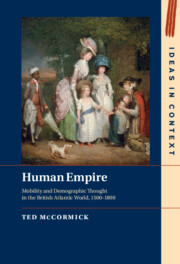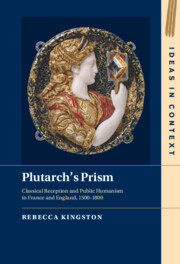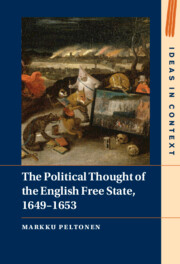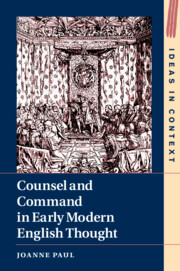Human Empire
Arguing that demographic thought begins not with quantification but in attempts to control the qualities of people, Human Empire traces two transformations spanning the early modern period. First was the emergence of population as an object of governance through a series of engagements in sixteenth- and seventeenth-century England, Ireland, and colonial North America, influenced by humanist policy, reason of state, and natural philosophy, and culminating in the creation of political arithmetic. Second was the debate during the long eighteenth century over the locus and limits of demographic agency, as church, civil society, and private projects sought to mobilize and manipulate different marginalized and racialized groups – and as American colonists offered their own visions of imperial demography. This innovative, engaging study examines the emergence of population as an object of knowledge and governance and connects the history of demographic ideas with their early modern intellectual, political, and colonial contexts.
- Emphasizes the concrete impact (and human costs) of sometimes very abstract subject matter
- Combines examinations of major texts, authors and policies with lesser-known projects and manuscript sources
- Shifts focus away from quantification and towards efforts to control the mobility and qualities of people
Awards
Winner, 2023 NACBS John Ben Snow Prize, North American Conference on British Studies
Reviews & endorsements
'Well researched, clearly argued, and engagingly written, 'Human Empire' provides a multi-faceted account of demographic thinking from the early sixteenth to the beginning of the nineteenth century in the British Atlantic world and deserves a wide readership.' Markku Peltonen, Journal of British Studies
Product details
April 2022Hardback
9781009123266
320 pages
235 × 157 × 21 mm
0.6kg
Available
Table of Contents
- Introduction: Transformations in demographic thought
- 1. Mobility and mutability in the early Tudor body politic
- 2. Marginality, incivility and degeneration in Elizabethan England and Ireland
- 3. Beyond the body politic: territory, population and colonial projecting
- 4. Transmutation, quantification and the creation of political arithmetic
- 5. Improving populations in the eighteenth century
- Conclusion: Malthus, demographic governance and the limits of politics
- Afterword.








